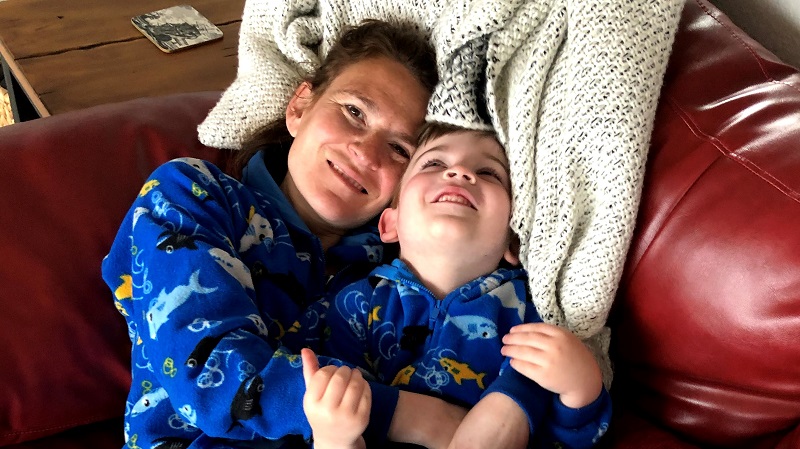Did you nibble on your children when they were young? I find that I can’t help it, and I mean this in the most motherly, unaggressive way you can imagine. Especially when my kids were babies, they were totally irresistible with their little rolls of love and sweet faces. I would devour them with my kisses. A few years ago, researchers developed a term for this feeling, which they call “cute aggression.” In other words, it’s the point at which something is so cute you just want to smoosh it or eat it up. Of course that feeling goes away as they mature and get a bit smellier and lose those baby rolls, but I still live for their snuggles (when they’re willing to snuggle).

What’s been difficult these last 18 months is realizing how much we depend on human contact as a coping mechanism. We continue to give so much of ourselves without realizing we’re depleting our human contact reserves without the ability to refill them as often as we could before. This week, the Torah has an interesting and seemingly macabre teaching about how we give of ourselves physically and emotionally.
Our Torah portion this week, Parshat Ki Tavo, brings us closer to the final lessons God wants the Israelite nation to learn before they enter into the promised land. Our text reminds us again of the blessings and curses that come to us as we choose to follow or ignore the laws of the Torah. Specifically, we learn of the requirement to make an offering of “first fruits” for the priests in the Beit HaMikdash, and the different ways in which we are supposed to thank God and give praise (before prayer was a daily activity). Finally, the text reminds us of how we’re supposed to take time to rebuke one another when we’ve taken a misstep and the ways in which we can do so with compassion and kindness.
In the giving of these rules and laws we receive a strange lesson: “You shall eat your own issue, the flesh of your sons and daughters that God has assigned to you, because of the desperate straits to which your enemy shall reduce you.” At first glance, chapter 28, verse 53 is rather odd if not downright troublesome. Is God predicting that we’re going to need to eat our own children because of our enemies? That certainly makes me question if God has our best interests at heart. What could this mean if we move past a gruesome literal interpretation?
Perhaps the verse is a metaphor for the way in which we might “devour” or consume each other’s needs in times of trouble and moments of distress. This verse also reminds us that in old age, or in periods of struggle, we often turn to each other and give of ourselves in ways that might be all consuming. But that reminder comes with the warning that we risk depleting our personal resources when we let ourselves be consumed.
Part of our daily humanity is finding the balance between giving and receiving support. When we don’t support others, we become disconnected from the community and turn into enemies, but when we don’t draw boundaries for ourselves, we can become our own enemies. May we take this lesson with us into the new year.



